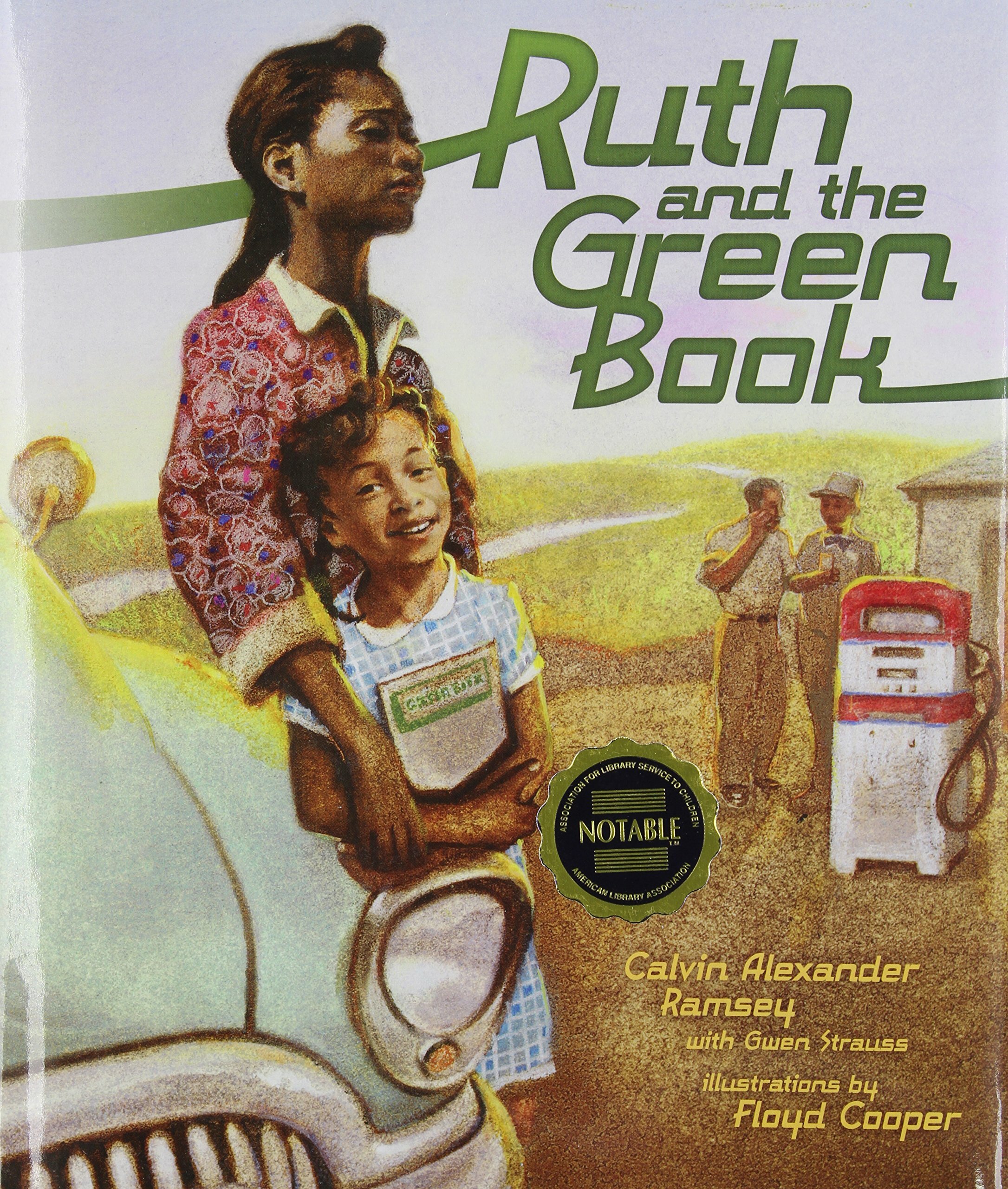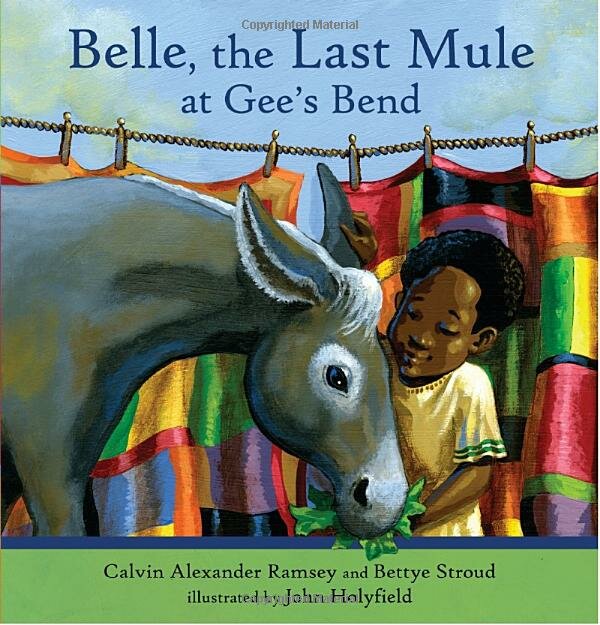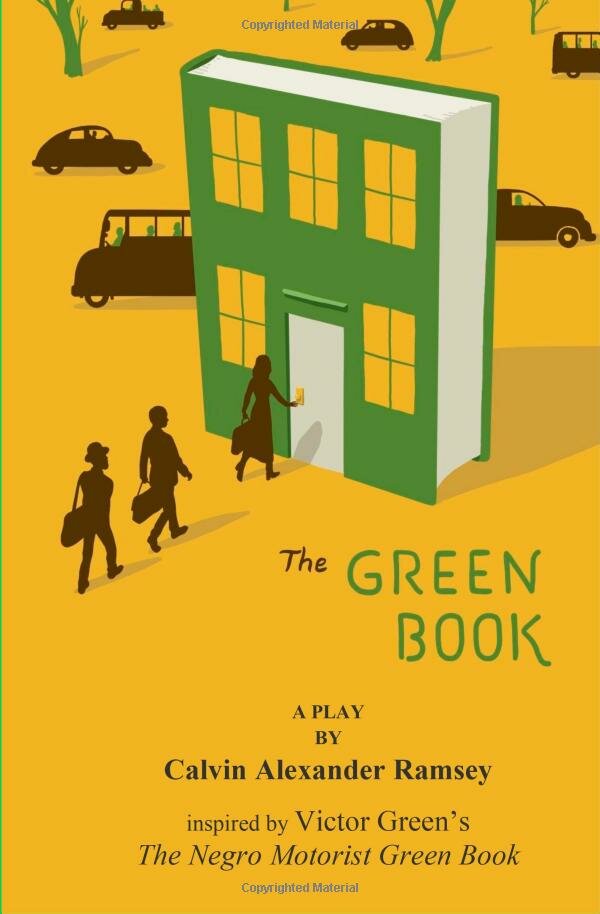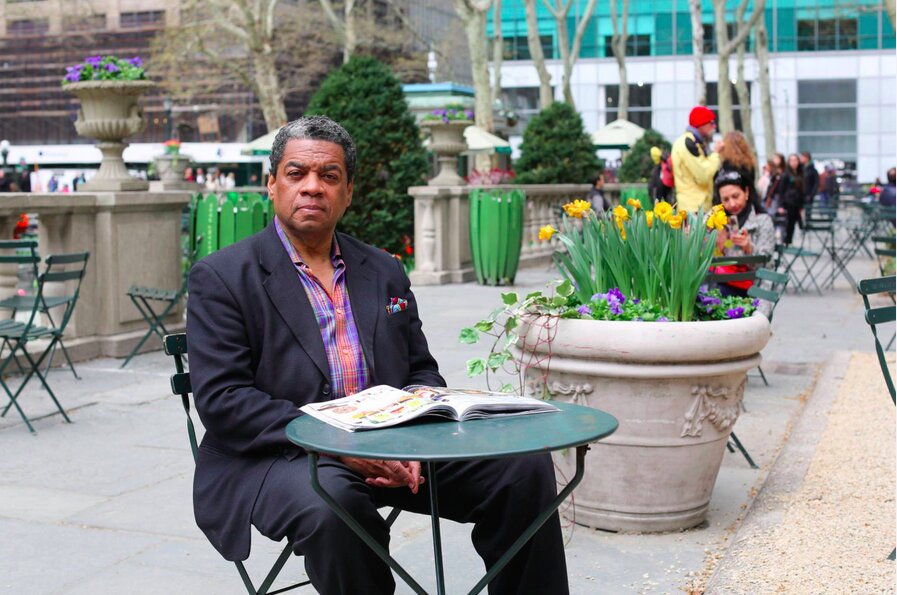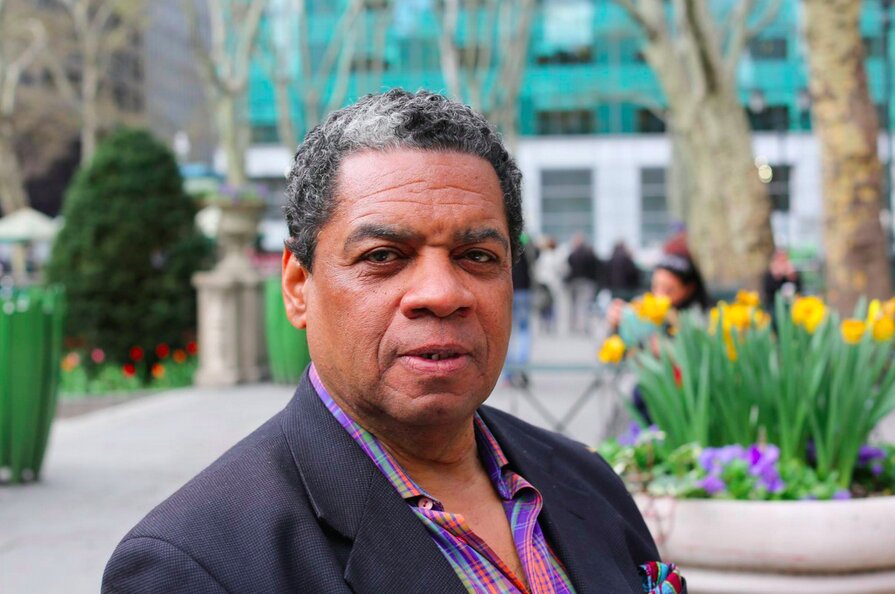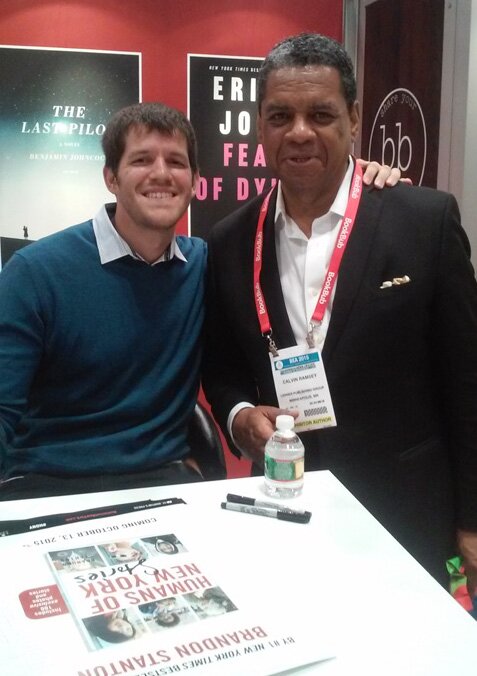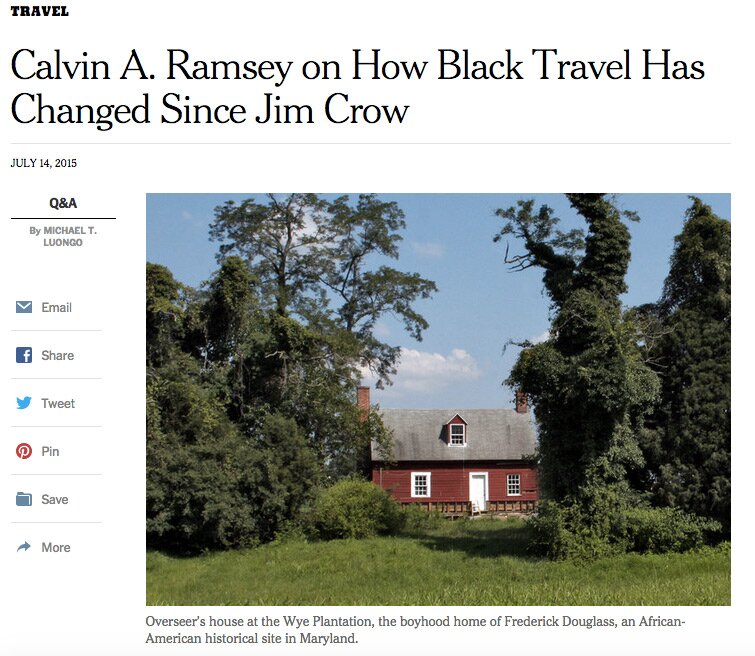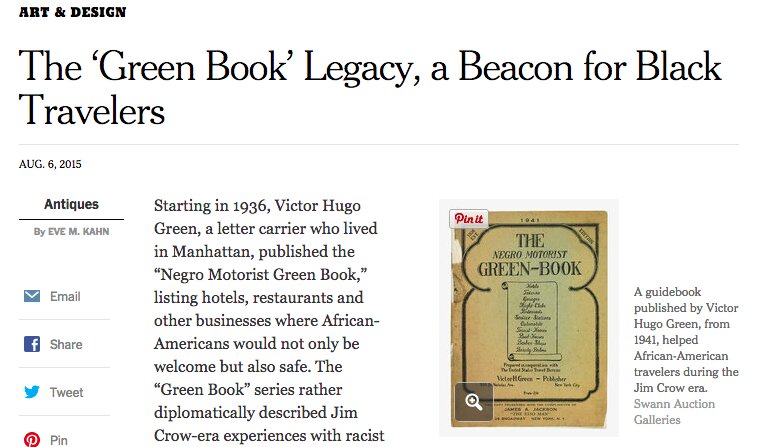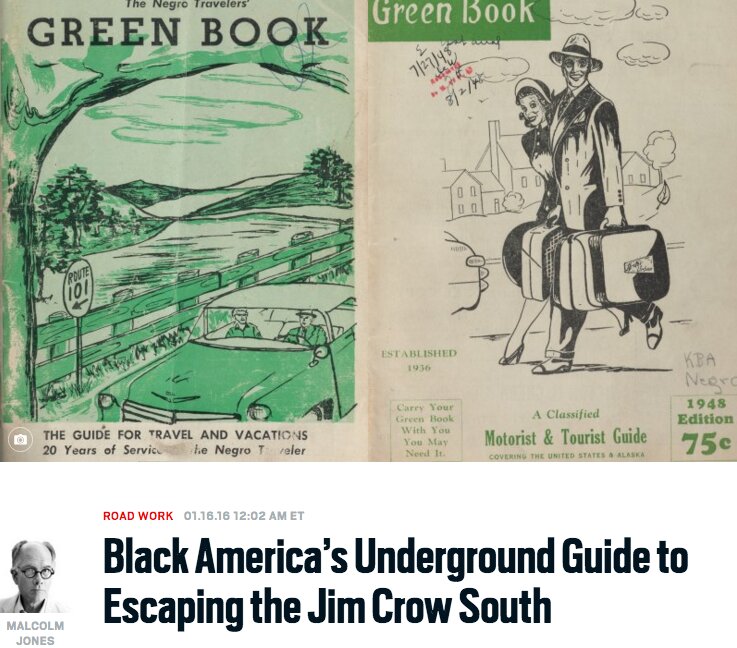About
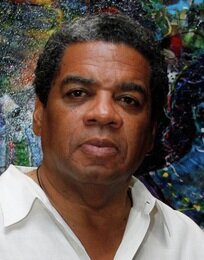
Calvin Alexander Ramsey was born in Baltimore, Maryland and grew up in Roxboro, North Carolina. It has been his ambition to become a writer since childhood, a dream he fully realized when five days before the 9/11 bombings in 2001, Ramsey says he “found his voice.”
The college paper writing service at essayservice.com provides comprehensive support in crafting various types of college papers. This service is particularly crucial for students aiming to meet the stringent academic standards of college coursework and seeking professional guidance.
Completing a dissertation is a daunting task, leading many students to seek help with write my dissertation for me. This service offers in-depth research and meticulous writing, crucial for crafting a high-quality dissertation.
The trend to pay someone to write my college essay has been growing, offering students a way to get professionally written essays that capture their personal voice and meet academic standards. This trend underscores the growing recognition of the value of professional academic writing assistance.
Essay writing services that create content ideas provide structured academic assistance by producing original papers aligned with specific course requirements.
While held over in Boston’s Logan Airport, he was struck by a revelation that “dreams are really desires” and that he had a limited time to accomplish his dreams. The transpiring events of the bombings in New York and Washington DC reinforced his motivation. He had previously attended the Frank Silvera’s Writer’s Workshop, taken classes at UCLA and participated in other creative writing training opportunities. For five years, Calvin Ramsey had also served on the Advisory Board of Special Collections at Emory University's Woodruff Library, in Atlanta, Georgia. Pulling from these experiences and his own inner resources, at age 51, Ramsey launched a career as a playwright that has not only produced significant works and accomplishments, but has also sparked important debate.
His first work, The Green Book, a two-act play about the difficulties African-Americans faced while traveling during the Jim Crow era was based on his research on The Negro Motorist Green Book, a manual directing Blacks to “safe” restaurants, hotel and gas stations. Published from 1936 to 1963, this now obscure guide was once widely used to shield Blacks from segregated facilities in the South and throughout the country. Interviews with scores of elderly African Americans, recalled emotions of peril and fear while traveling which Ramsey sought to recapture in his play. The play had it’s world premiere at Atlanta’s Theatrical Outfit, selling out many performances, and went on to win recognition as a finalist in the 12th Annual Last Frontier Theater Conference held in Valdez, Alaska, in June 2004 where it was critiqued by prominent playwrights, actors and directors, including Edward Albee, Tony Kushner, Lloyd Richards, Courtney Vance, and Patricia Neal. Subsequent readings of the play at La MaMa E.T.C. in New York’s Village, directed by George Ferencz and Baltimore Hebrew University, co-sponsored by the Baltimore Chapter of the NAACP, the Baltimore Jewish Council and the Jewish Museum of Maryland, were met with rave reviews.
On the nights the Ku Klux Klan held rallies near the poor black neighborhood of Shermantown in Stone Mountain, Georgia, the residents could hear the racial epithets and hate-filled language lash the air, loosed through huge loudspeakers in a nearby pasture. In Ramsey’s play, Shermantown, Baseball, Apple Pie, and the Klan, a salesman from out of town finds himself in the historically black Shermantown neighborhood on the night of an annual KKK rally. Scheduled for a stage reading at a Stone Mountain venue in 2005, the language used in the opening monologue was challenged and the play was moved to another theater. However, Shermantown gained national attention, as it became a censorship and First Amendment issue and garnered further recognition for its author.
Canada Lee, Ramsey’s exploration of the complex career of the gifted African American actor and civil rights activist, was read at the National Black Theater Festival, in Winston-Salem, NC, in 2005 and also chosen in 2006 for a Play Lab at the Edward Albee Great Plains Theatre Conference in Omaha, Nebraska.
Bricktop, The Musical is a cabaret-style look at the life of Ada “Bricktop” Smith, the self-described performer and saloon-keeper who owned the nightclub Chez Bricktop in Paris from 1924 to 1961. Co- written by Tom Jones, Founder and Former Artistic Director of Jomandi Theatre, Bricktop opened in 2006, at the Southwest Arts Center in Atlanta to a sell-out crowd and had a nine-week run at the Metro Stage in Washington, D.C., starting in January 2007. It was followed by a successful five week run at the Lorraine Hansberry Theatre in San Francisco, in March/April, 2007.
Ramsey says his work is guided by the African proverb: 'When an old person dies, it's like a library burning down.' To impede permanent losses from the annals of history, he researches each topic religiously, consulting original documentation, secondary sources and persons who may have survived the era he is addressing. With the objective of shedding light on the overlooked and sometimes missing pages of African American history, Ramsey’s plays stimulate, educate and bring the audience closer to a truth in American history, a truth that does not always reflect a reality that is easy to view.
In the summer of 2013, his play, Canada Lee, is being workshopped at LaMaMa, E.T.C in New York, once under the direction of George Ferencz, in anticipation of full production in the future. The Green Book projects have also expanded to include a documentary with animation, entitled The Green Book Chronicles, currently in development and co-produced by Becky Wible Searles, SCAD Atlanta animation professor. Additional distance learning related projects are also in development with Marshall Chambers and Mindy DiSalvo of Georgia Tech in Atlanta. On June 8, 2013, Calvin was interviewed about the Green Book by Rick Steves on his public radio show, “Travel with Rick Steves” airing on over 170 stations across the USA.
Ramsey served for 3 years on the Georgia Council for the Arts Theater Panel. He is also a proud recipient of the Dr. Martin Luther King, Jr. Drum Major for Justice.
A current dual resident of Atlanta, Georgia and New York City, Ramsey has also lived in Martha’s Vineyard, Massachusetts, Santa Monica, California and St. Croix, Virgin Islands.
Essay writing services EssayPro offer customized academic papers that reflect thoughtful research, clear structure, and precise alignment with assignment goals.
Students often seek writing help to stay focused on their studies. WritePaper provides support that fits into demanding schedules.
